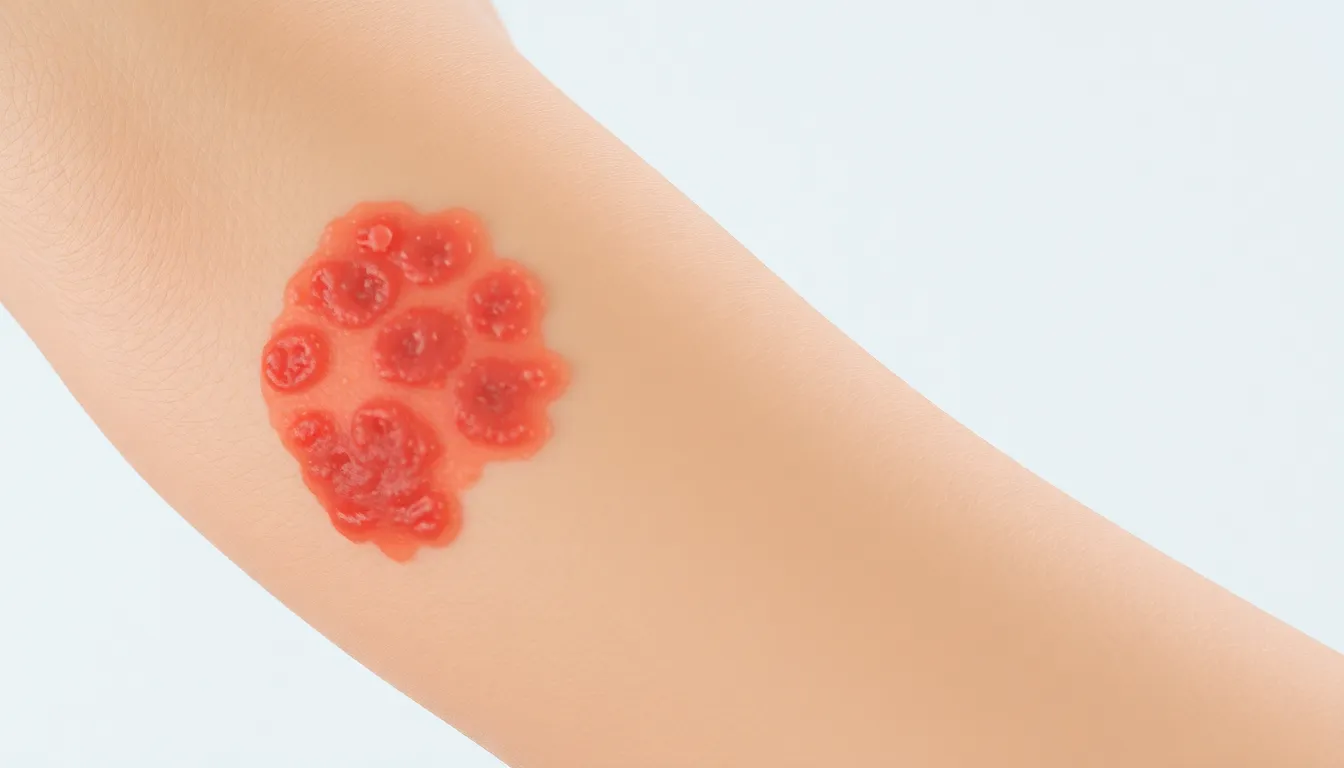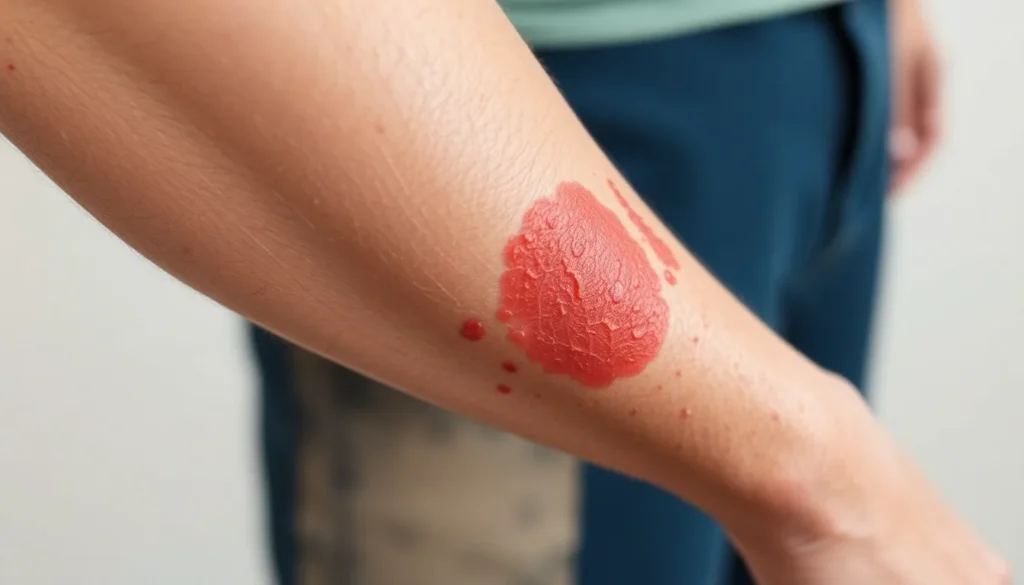Table of Contents
TogglePsoriasis might sound like a spell from a wizarding world, but it’s actually a common skin condition that many people deal with. If you’ve ever found yourself scratching your head over how to spell it, you’re not alone. This tricky word can trip up even the most seasoned wordsmiths.
Understanding Psoriasis
Psoriasis is a prevalent skin disorder affecting millions globally. This condition results from an accelerated life cycle of skin cells, leading to the characteristic patches.
Definition of Psoriasis
Psoriasis is a chronic autoimmune disease. It manifests as red, scaly patches on the skin. These patches can appear anywhere on the body, including the elbows, knees, and scalp. This condition occurs when the immune system mistakenly targets healthy skin cells. People with psoriasis may experience flare-ups triggered by various factors.
Common Symptoms
Common symptoms of psoriasis include red patches on the skin covered with thick, silvery scales. These patches may itch, burn, or feel sore. People often experience dry skin that cracks and bleeds. Furthermore, some may notice pitted nails or swollen joints. Symptoms can range from mild to severe, impacting daily activities significantly. Recognition of these symptoms helps in early diagnosis and treatment.
Spelling of Psoriasis


Psoriasis often causes confusion regarding its spelling. The correct spelling is “psoriasis.”
Breakdown of the Word
Understanding the components of the word aids in spelling it correctly. The term “psoriasis” derives from the Greek word “psora,” meaning “itch.” The prefix “pso-” refers to skin conditions, while the suffix “-iasis” denotes a pathological state. Combined, they describe a specific skin disorder characterized by itching and scaling.
Phonetic Pronunciation
Phonetic pronunciation of “psoriasis” assists those unfamiliar with its spelling. It sounds like “suh-RYE-uh-sis.” The emphasis remains on the second syllable, making the pronunciation easier to grasp. Breaking it down into syllables can further help: “so-RAI-uh-sis.” This approach ensures clarity for anyone looking to communicate about psoriasis accurately.
Common Misconceptions
Misunderstandings about psoriasis often arise, particularly concerning its spelling and variations.
Spelling Confusions
“Psoriasis” frequently gets misspelled. Many people mistakenly write it as “psoriosis” or “psoris”. The silent “P” at the beginning commonly leads to confusion. Recognizing the correct spelling, however, aids in reducing misinformation. Challenges in spelling it arise primarily because of its unique structure. The combination of letters does not follow typical English patterns. Addressing these confusions can help in ensuring clarity in communication about the condition.
Alternative Spellings
Alternative spellings may contribute to misinformation in healthcare contexts. Some individuals might write “psorasis” or “psoraisis”. Such variations lack official recognition and can hinder effective discussions about psoriasis. Awareness of the correct spelling fosters better understanding and reduces potential misdiagnoses. Using the accurate term also ensures that patients receive appropriate information regarding treatments. Alternative forms do exist, but only the spelling “psoriasis” represents this skin condition accurately.
Importance of Correct Spelling
Correct spelling of “psoriasis” plays a vital role in effective communication and understanding, particularly in healthcare contexts.
Communication in Healthcare
Clear communication in healthcare relies heavily on accurate terminology. Healthcare professionals must spell “psoriasis” correctly to ensure patients receive precise information about treatment options. Misunderstanding this term can lead to misdiagnoses, impacting treatment plans. Patients discussing their condition must articulate their symptoms correctly, as any ambiguity may complicate their care. Proper spelling fosters better discussions between patients and providers, ultimately leading to improved healthcare outcomes.
Avoiding Misinformation
Accurate spelling minimizes the spread of misinformation. Misunderstandings about “psoriasis” often arise from frequent misspellings. Incorrect versions, like “psoriosis” or “psoris,” can create confusion, particularly in medical resources. Awareness of the correct spelling helps ensure that patients access reliable information. Misinformation may lead to ineffective treatments or unnecessary anxiety. Promoting knowledge of “psoriasis” among patients and providers strengthens public understanding and trust in health information.




